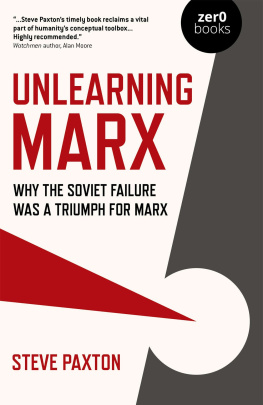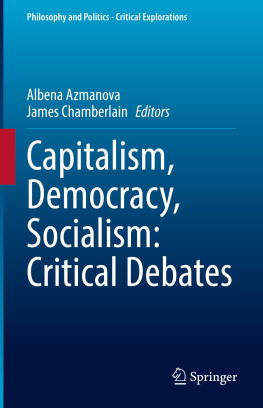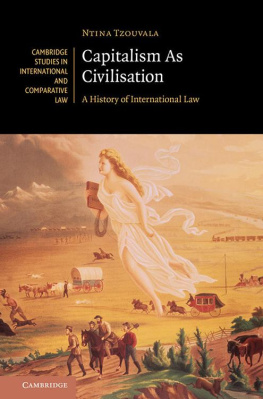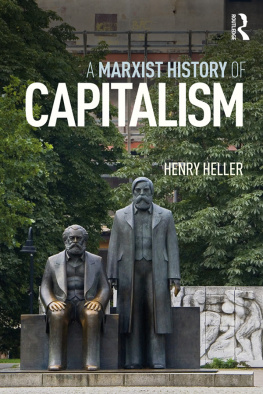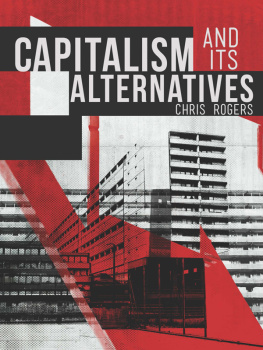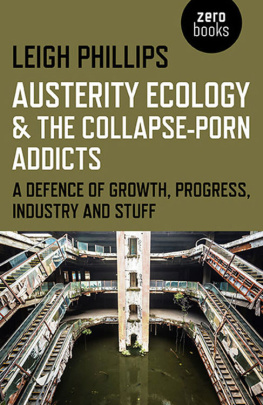The proposals Ive outlined in What political changes would help us to achieve the transformational policies we advocate? What should politics look like in a socialist or even a transitional economic structure?
The first and most basic improvement (in the UK, US and Canada at least) is switching to a democratic electoral system. The case for doing so is beyond reasonable doubt, though the details are still up for discussion.
Democratic Elections
The UK, US and Canada all need to join the twenty-first century and adopt democratic electoral systems. The case had been made extensively for around half a century so Ill only offer a brief recap here. General Elections in the UK and Canada and elections to the House of Representatives in the US (as well as numerous local and state/province/territory elections in each of these countries) use the First Past the Post electoral system (FPP), which is fundamentally flawed in terms of delivering a democratic result. Electoral systems for elections to assemblies such as the House of Commons or the House of Representatives or a county council or state legislature have one role to translate votes into seats. First Past the Post fails to do this. Its important to note that even if electoral districts (constituencies in the UK) each contained exactly the same number of voters, FPP would not produce democratic results. In fact, numbers often vary wildly), every election under FPP produces a distorted result. The 2019 election in the UK, for example, produced an unassailable majority of 80 seats for the Tory Party despite 56 per cent of votes going against them. That FPP is undemocratic is beyond doubt.
There are numerous democratic systems in use around the world, but the one I think is most suited to the UK, US and Canada is not currently used anywhere, but is closely related to one proposed by the Hansard Society in 1976, and not too dissimilar to that in use in New Zealand.
The same system can be adapted for any election to an assembly local, state, national, federal democracy is actually a very simple mechanism. The complicated part is overcoming the propaganda of the opponents of democracy and winning an election under the current, undemocratic system. In the UK, the obvious path is an electoral alliance, where only one pro-democracy candidate stands in each constituency probably from the party that performed best in that constituency in the most recent General Election. Win the election, institute PR and call another election. Next stop an elected Upper Chamber to replace the affront to democracy known as the House of Lords.
This system can work in the US for the House of Representatives, and local and state legislatures its an obvious move forward. The case for reforming presidential elections and the Senate is less clear cut. Although there are some terrible arguments put forward in defence of the Electoral College, a case can be made which is plausible (if unconvincing) and as such should be addressed. The (only sensible) case for the Electoral College is the same as the justification for the Senate that the US is a union of states and that the states, not just the citizenry, deserve recognition and representation. To what extent do people identify with Wisconsin or Texas before they identify with the US? If most, or even very many, put state before nation, then theres a case for a system that balances the interests of the citizenry with those of the states. (Or, if you prefer, balances the interests of the citizenry of the US with the interests of the citizenry of each state.) Looking in from the outside I can see the formal validity of the argument, but also that the current arrangements appear massively tilted in favour of the states over the citizenry. If the Senate is to remain as a representative of the idea of the union of states then its role should be greatly diminished perhaps in line with the House of Lords in the UK, which can only delay, not throw out, legislation, and has no say at all on finance bills. As for the presidency, a more acceptable approach would be to use some kind of transferable vote or ranked choice system. This is also true for any elections where a single person will take office elections for presidents, mayors and so on can only benefit from a ranked choice system of some kind. Such systems are common in the democratic world, they help to ensure that people wielding executive power are at least palatable to a majority and facilitate the emergence of new parties as people can signal support for a candidate outside of the mainstream without wasting their vote.
Finally, a democratic electoral system will always produce an assembly which reflects the votes of the electorate, and often this will mean coalition government. To reflect the collaborative nature of the political process in a democracy, the parliament buildings of many countries are arranged in a horseshoe formation, rather than in the dualistic, combative arrangement found at the House of Commons in Westminster (where the distance between the two front benches is (incorrectly) said to be just over two sword lengths to stop the protagonists from duelling). As well as the layout, the size of the chamber is inadequate there arent even enough seats for all the MPs and the surroundings are far too much like a dining-hall at a private school, which is presumably why the procedures so often resemble a juvenile bun fight. The UK needs a new, purpose-built parliament building (preferably away from London) and new set of conventions and procedures which encourage politicians to behave as if theyre at work. The scenes in the House of Commons are a national embarrassment. People live or die depending on whats decided in the House lets stop treating it like a game for noisy, overgrown schoolboys.
Political Education
We should also try to improve the calibre of members of the House the current crop of MPs, with a few notable exceptions, are not people who should have any role in running a country in the twenty-first century. Its not feasible to set entry requirements to the House of Commons the electorate are entitled to elect whoever they wish. Its not unreasonable to expect members to undergo some in-work education and training, though at a basic level for MPs, with some advanced, subject specific courses for ministers. Although the civil service is supposed to provide the expertise to complement the ministers political outlook, it surely wouldnt hurt for housing ministers to have a grasp of human geography and urban planning philosophies, or to cite a recent example for the Equalities Minister to have heard of the Marmot Report, the key document on health inequalities.
The low bar for entry into the political class is partly a product of the poor quality of public discourse surrounding political issues and this situation is a barrier to the proliferation of socialist ideas. The more informed about politics people are, the less vulnerable they become to manipulation. To counter this, a programme of political education is necessary. Im not talking here about any kind of indoctrination or propaganda. What Im referring to is simply some basic coverage of fundamental aspects of the political system how elections work, the different roles of (and relationships between) the government, Parliament and the judiciary, the spheres of influence of Westminster and the devolved parliaments, and various local government entities. Should MPs be delegates or representatives? How do parties work? A basic, neutral course on how our political institutions work would help to protect people from propaganda would arm them with a basic understanding which would help to protect them from manipulation. Im talking here about the kind of things that a socialist and even a transitional political system ought to aspire to, rather than the thorny issue of


